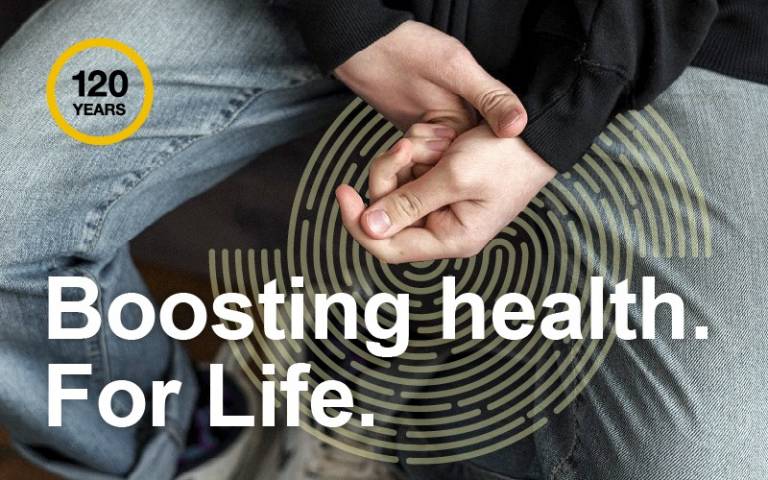IOE researchers have been investigating how difficult life events can impact children’s health. They are increasing our knowledge to help improve people’s physical, mental and emotional health.

In the general child population, low socioeconomic status is associated with increased exposure to stressful life events. A project team led by Professor Eirini Flouri from IOE, UCL’s Faculty of Education and Society, found that this in turn is associated with later inflammation. Inflammation is the body’s primary response to injury or infection. The inflammatory response is an effort of the immune system to repair tissue and eliminate the risk of infection, but inflammation can become maladaptive if it remains after the infection is cleared.
This research highlighted the impact of poverty and disadvantage and the stressors associated with this in systemic inflammation among children. Living under financial strain has a unique impact on cognitive development in children through inflammation. The researchers showed that children in families struggling to afford necessities early in life have higher levels of inflammation, in turn related to poorer executive functioning in middle childhood.
Importantly, the researchers found that inflammation produced by disadvantage and stressful life events also has a unique effect on children’s emotional and social problems as well as depressive symptoms. By shining a light on these findings, policy can be adapted in order to try and mitigate the impact of these disadvantages and create a more socially just world.
Given the proportion of teenagers reporting symptoms of depression in recent years, IOE research is crucial in helping to prevent adolescent depression and treat those adolescents who experience depression.
Curiosity and thirst for knowledge are driving factors in the work IOE undertakes. By interrogating the data, the researchers found there were differences in the pathways to adolescent depression depending on whether stressful life events occurred in childhood or around birth. This is important to consider when preventing and treating depression.
By taking a longitudinal perspective, they also showed that inflammation was not only caused by an increase in stressful life events in childhood. Increases in social and emotional difficulties in childhood can also lead to inflammation. This association suggests that successful interventions targeting children experiencing chronic emotional and social difficulties could also have physical health benefits.
Not only have our academics made discoveries that could improve how teenagers with mental health difficulties are supported, they have also made key discoveries about the long lasting effects of such difficulties in childhood. For example, they showed that inflammation in childhood was related to emotional and social difficulties, which in turn were related to psychotic-like experiences in adult life. These findings provide a background for future studies investigating tailored therapeutic approaches. These are greatly needed especially in the early stages of psychotic spectrum disorders, such as schizophrenia, where no effective interventions are currently available.
The project established that biological functioning is key to understanding psychological and cognitive functioning in children in the general population. It also confirmed the important role of poverty and its associated stressors in children’s physical, cognitive and emotional development.
The IOE researchers’ work is crucial as it has grown our understanding of the relationship between children’s physical and mental health and identified targets for treatment and prevention, in order to improve the population’s health and improve the lives of children and adults with depression. As more focus comes onto mental health in government and policy, our work provides crucial evidence to inform the decisions that can be made to improve mental and physical health throughout the country.
 Close
Close


